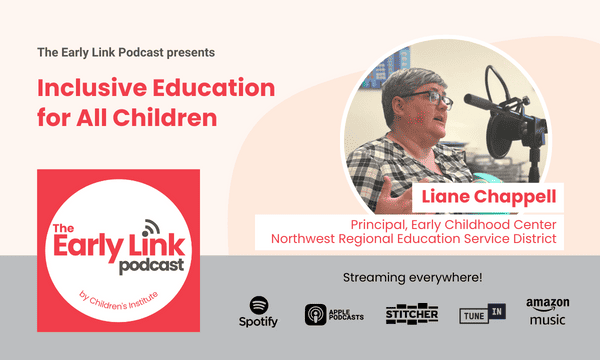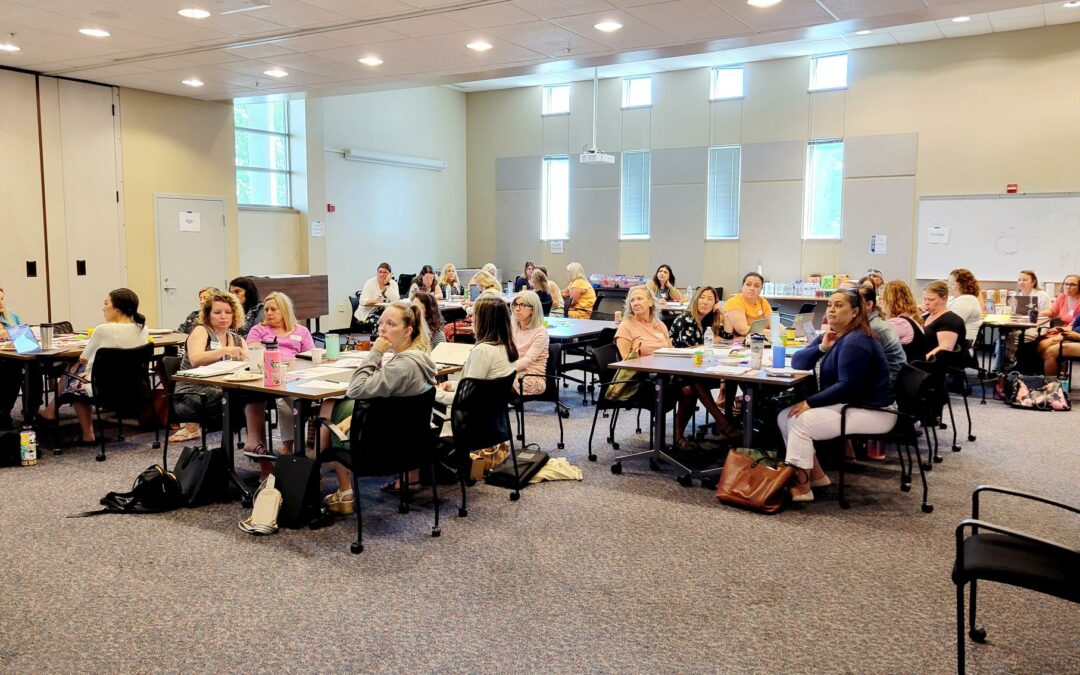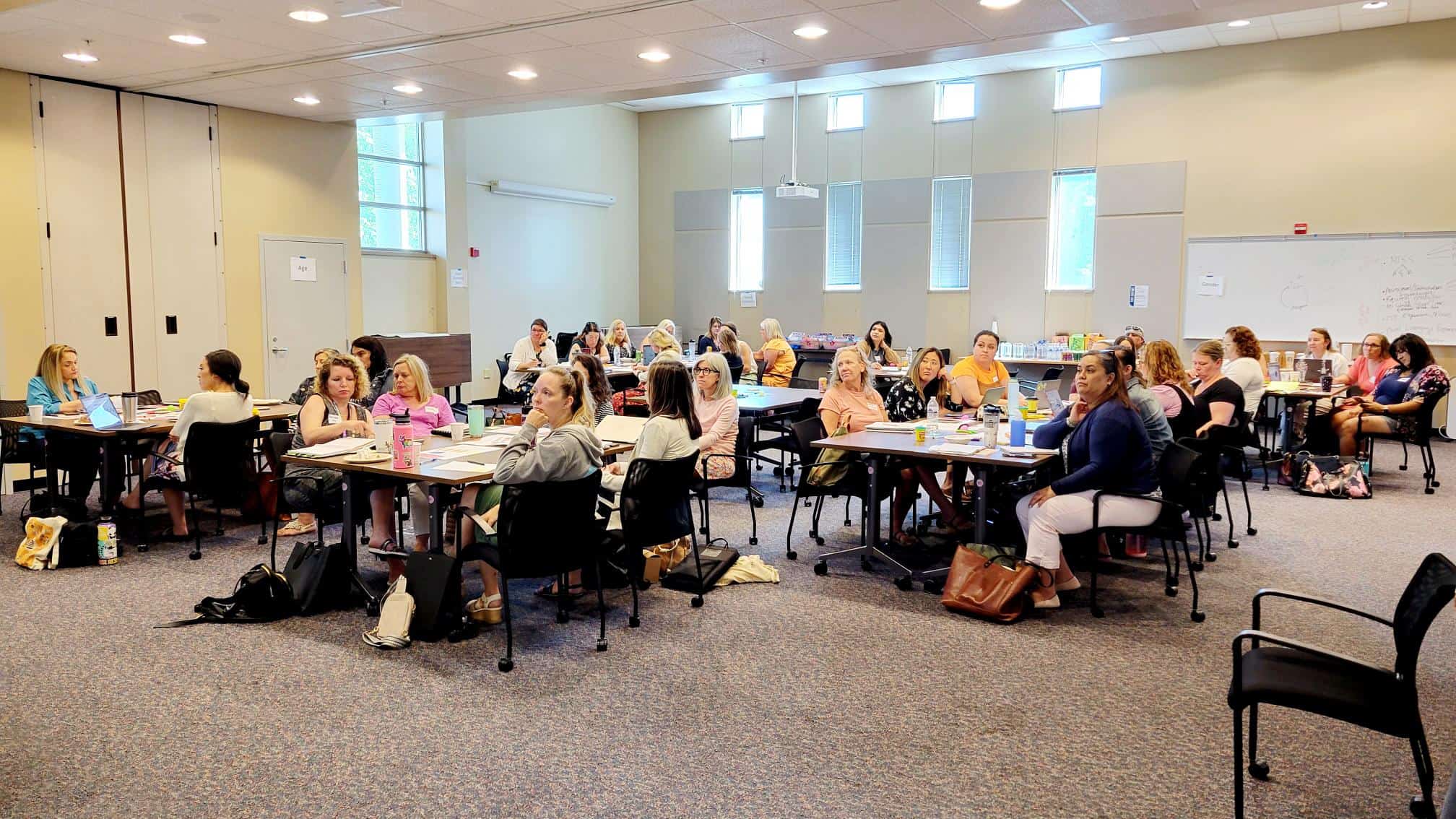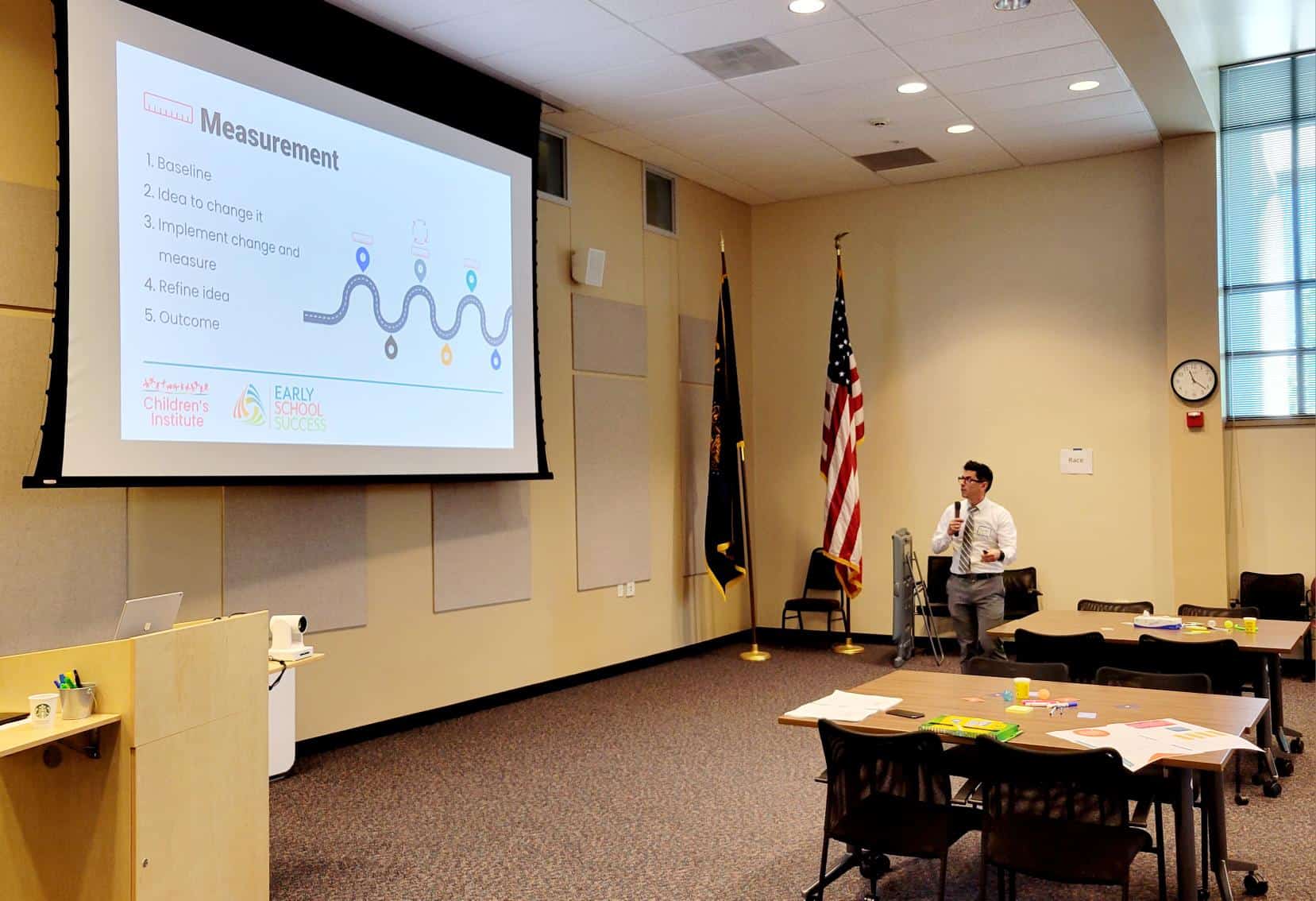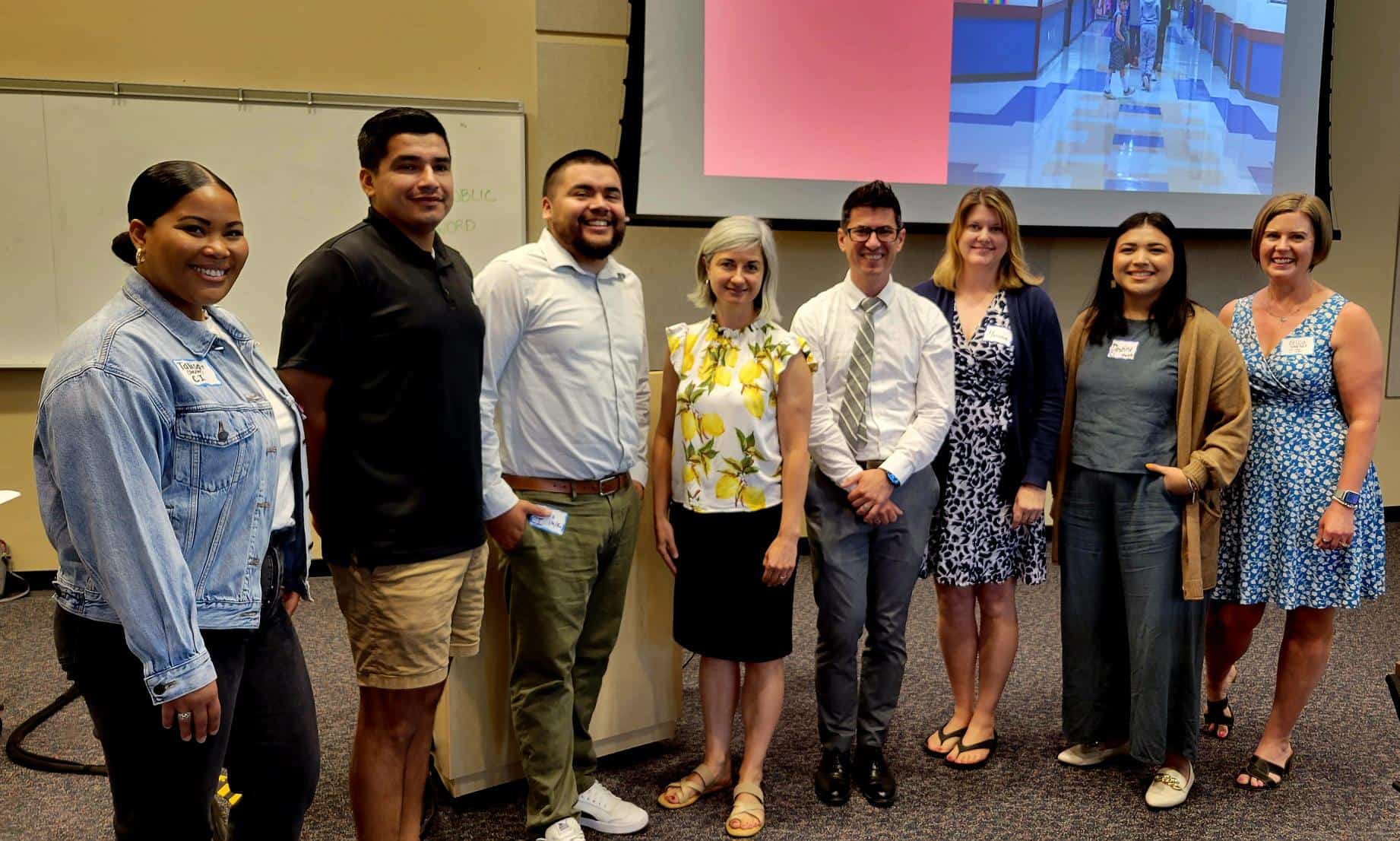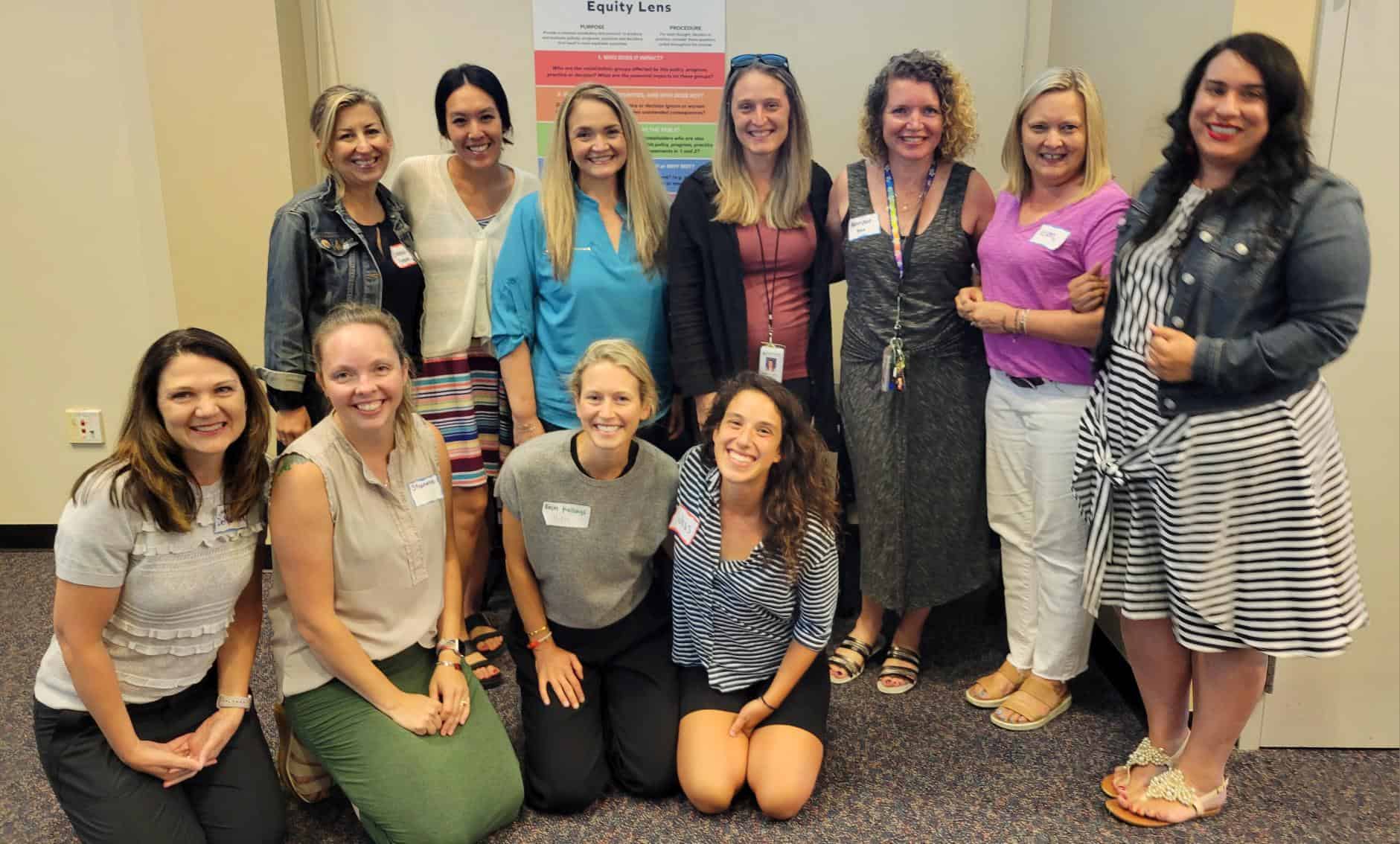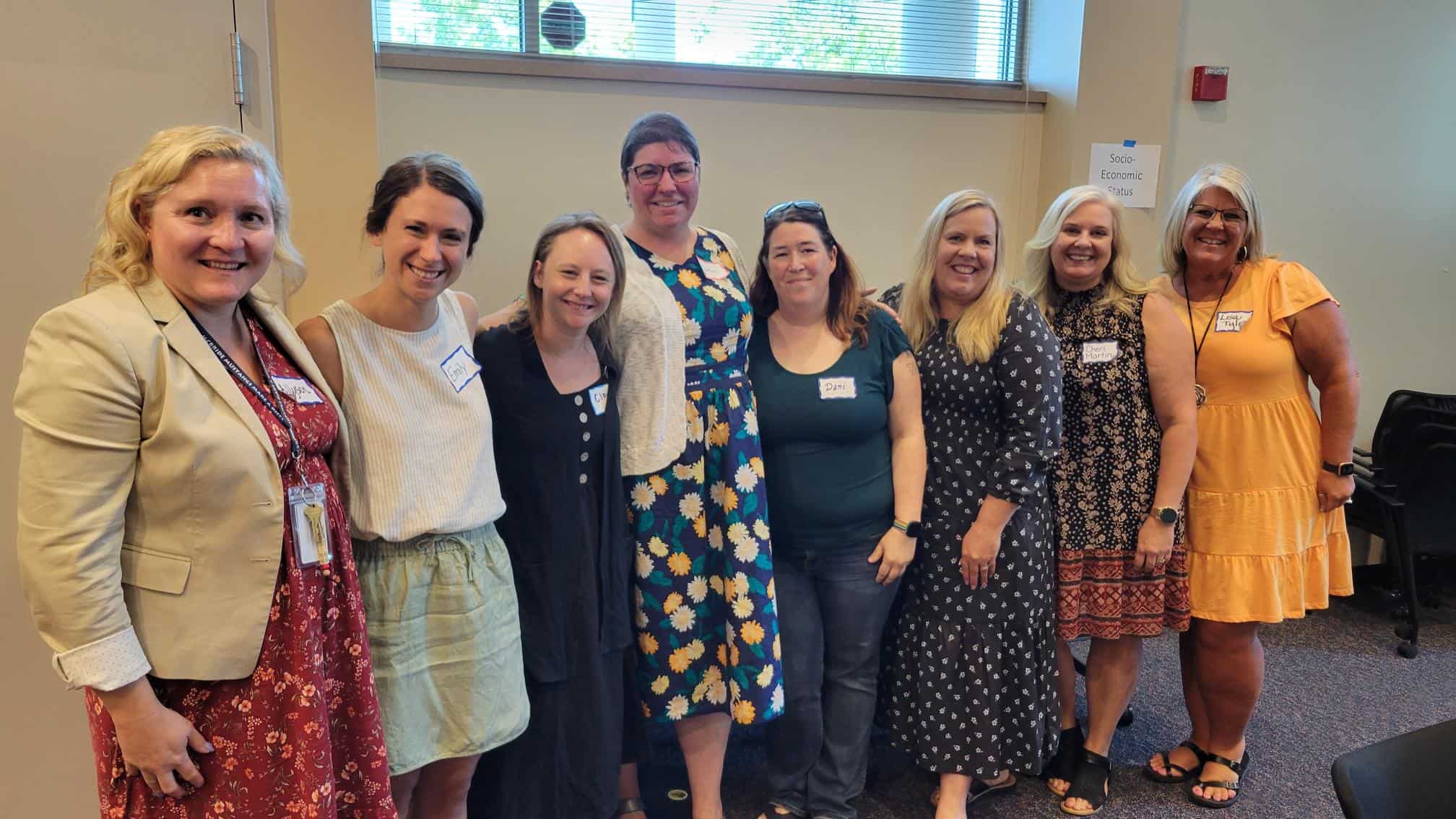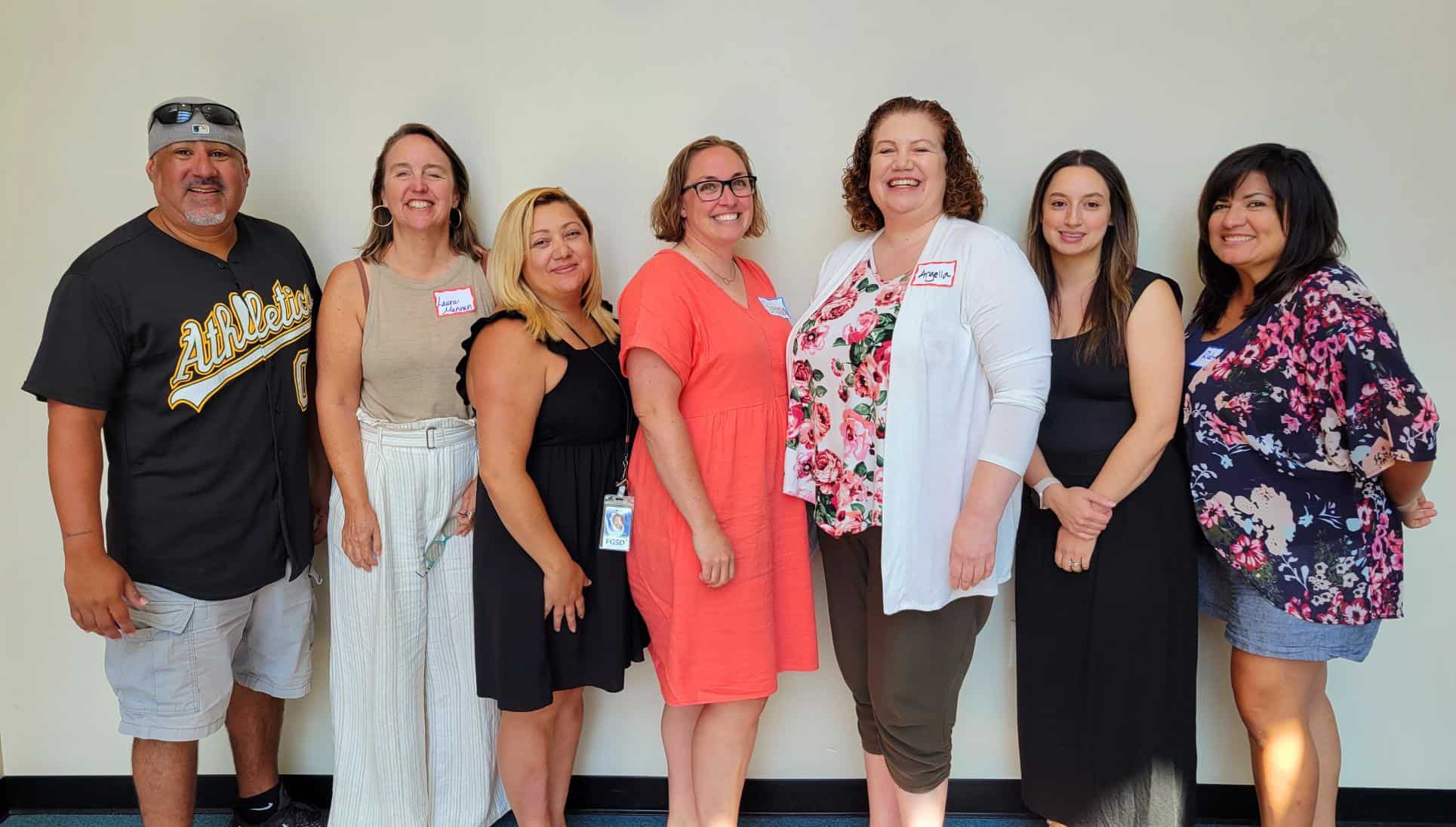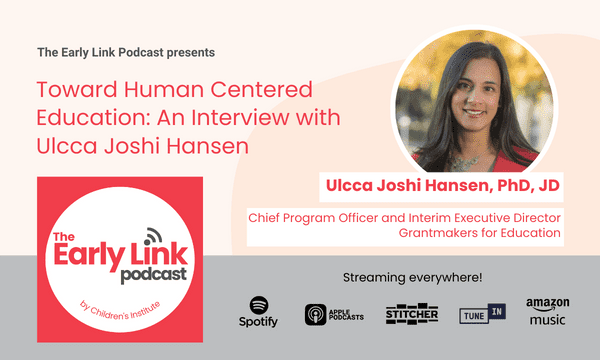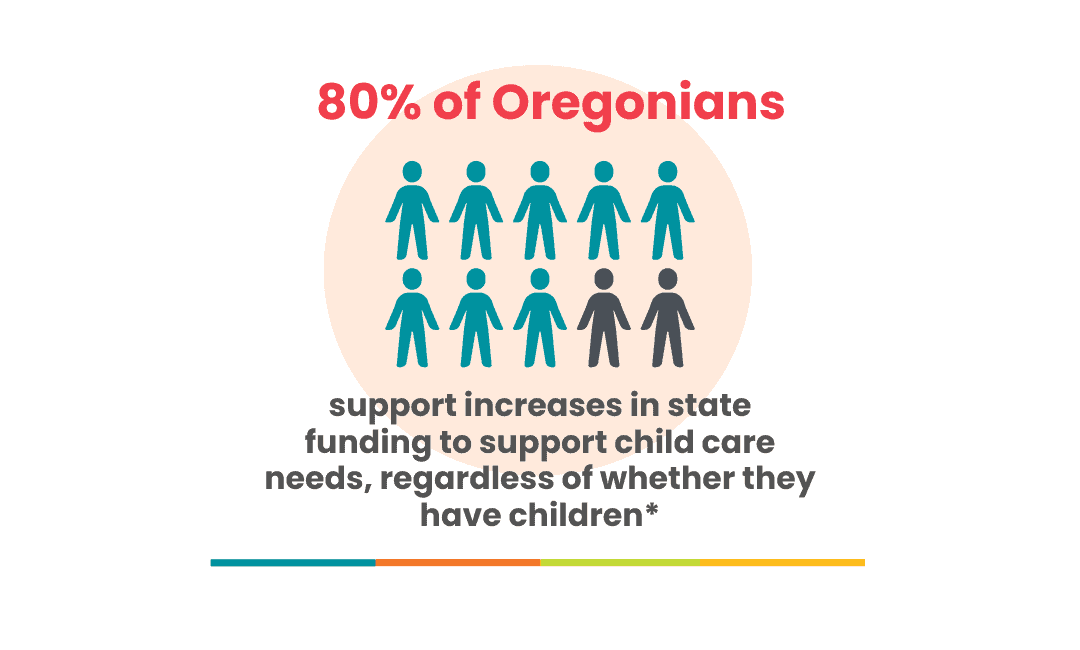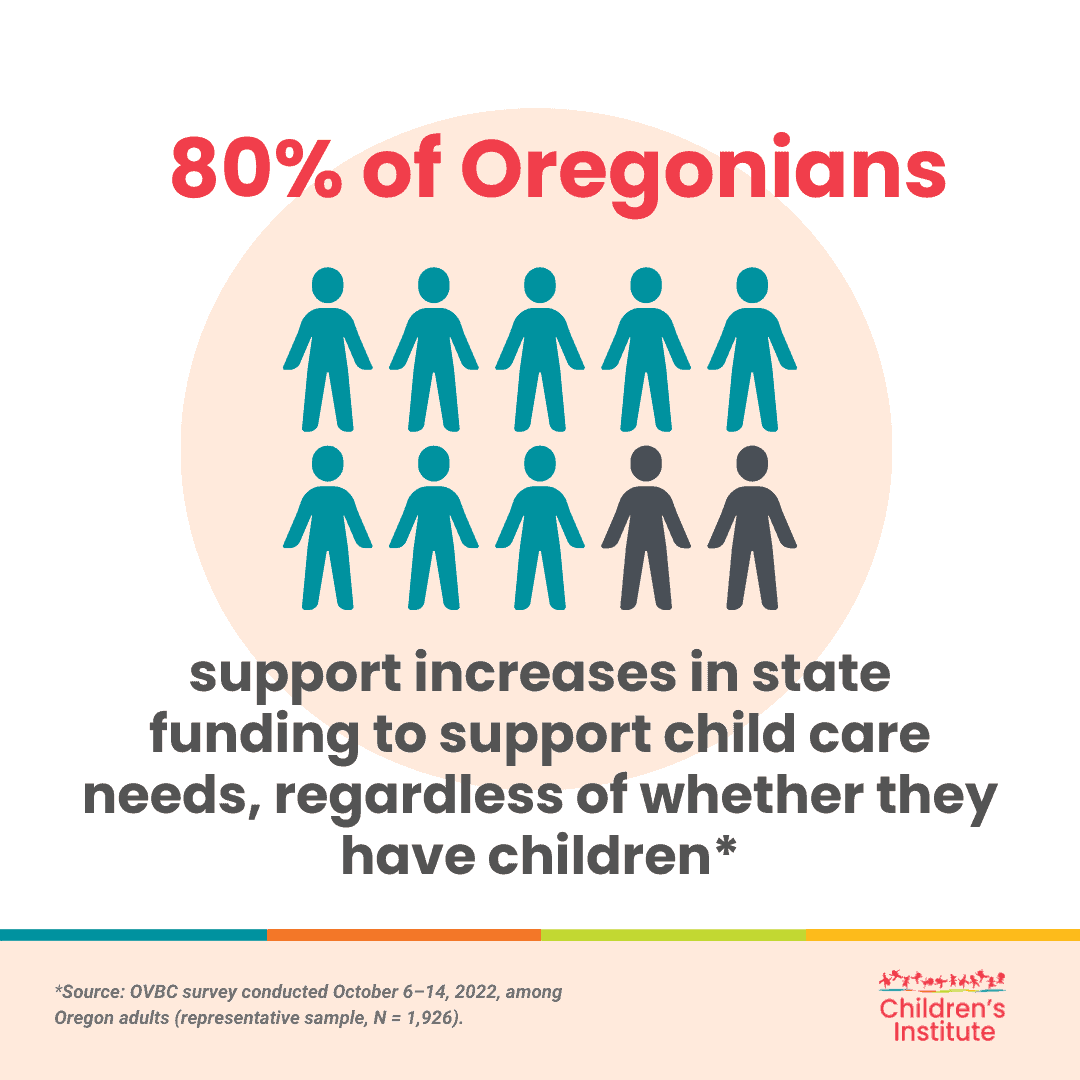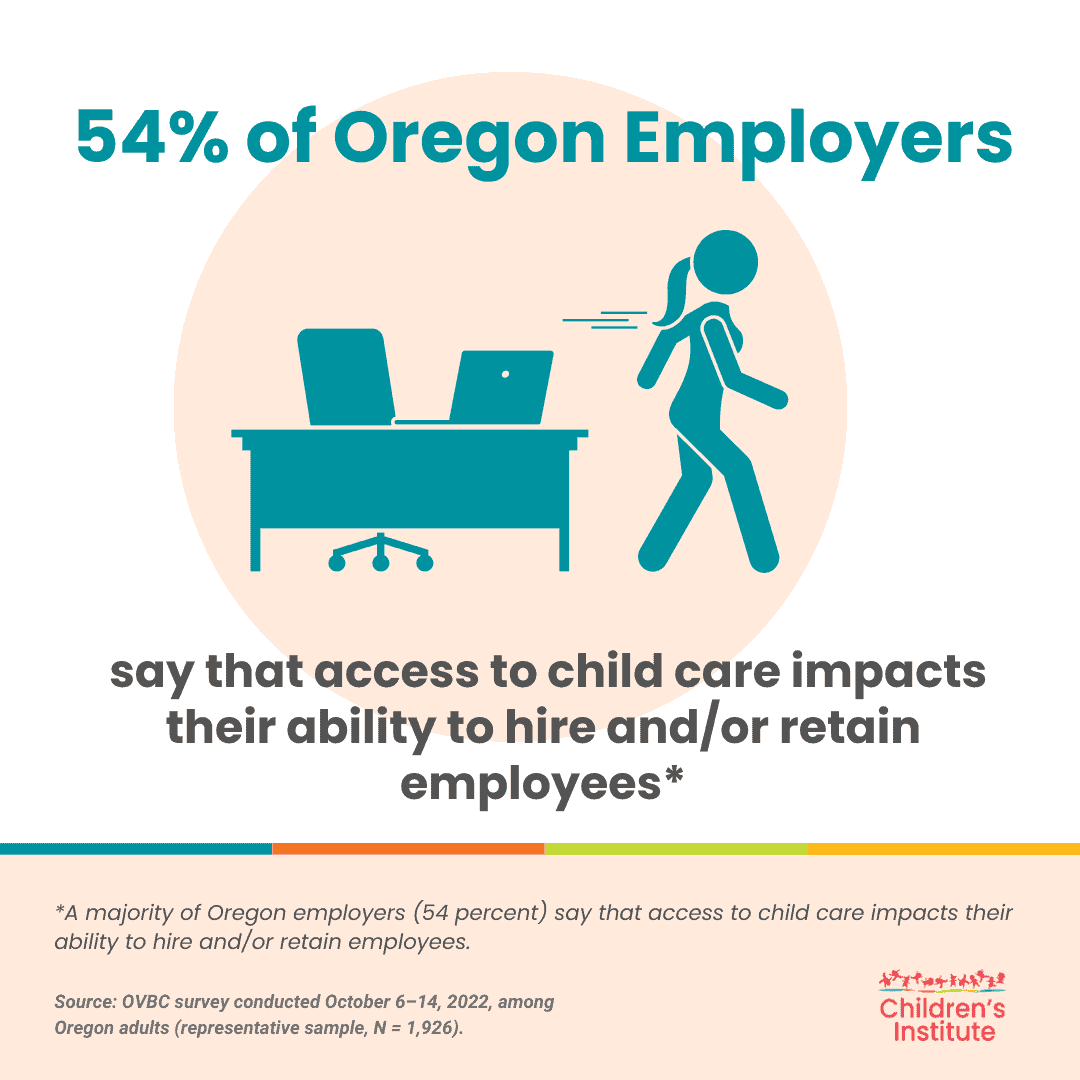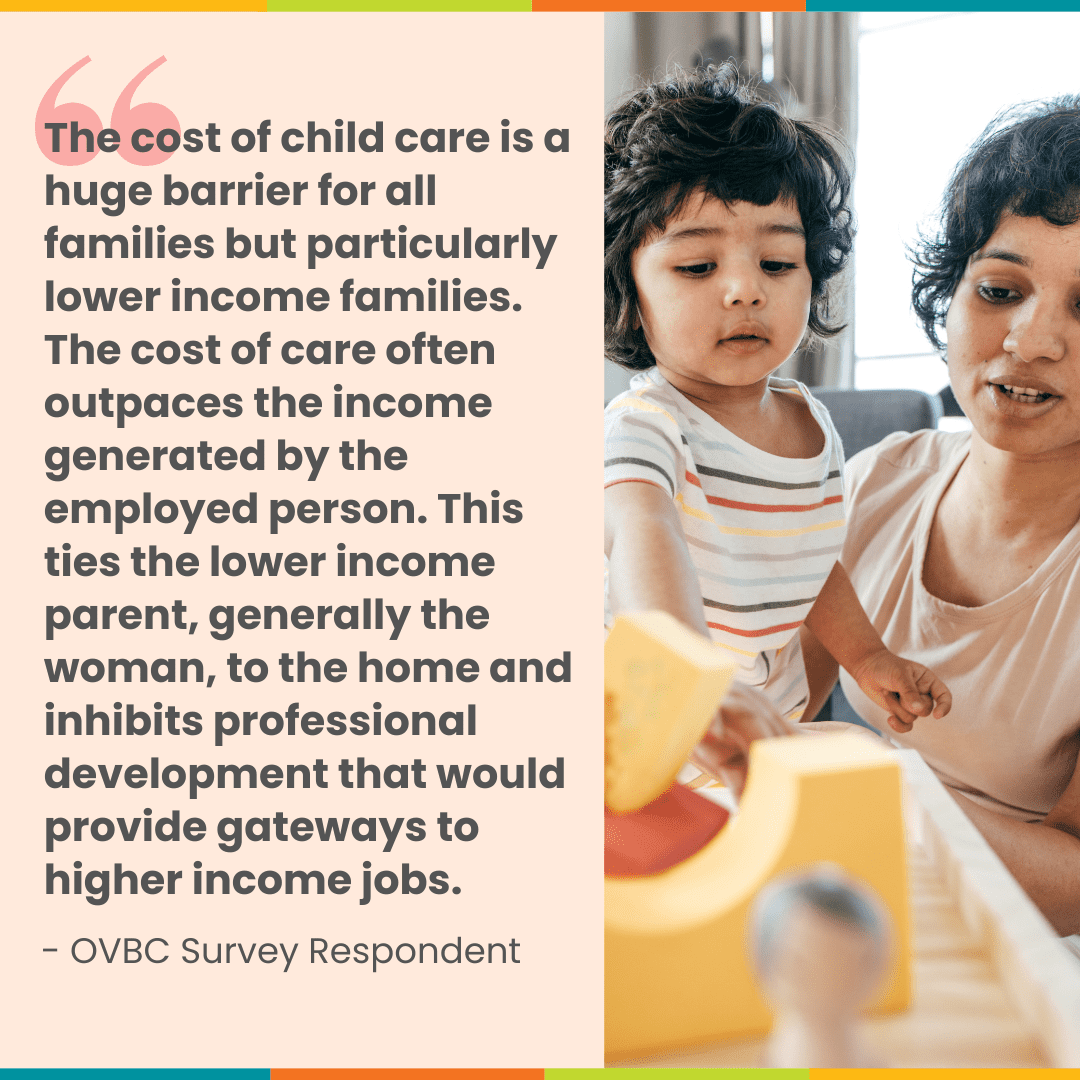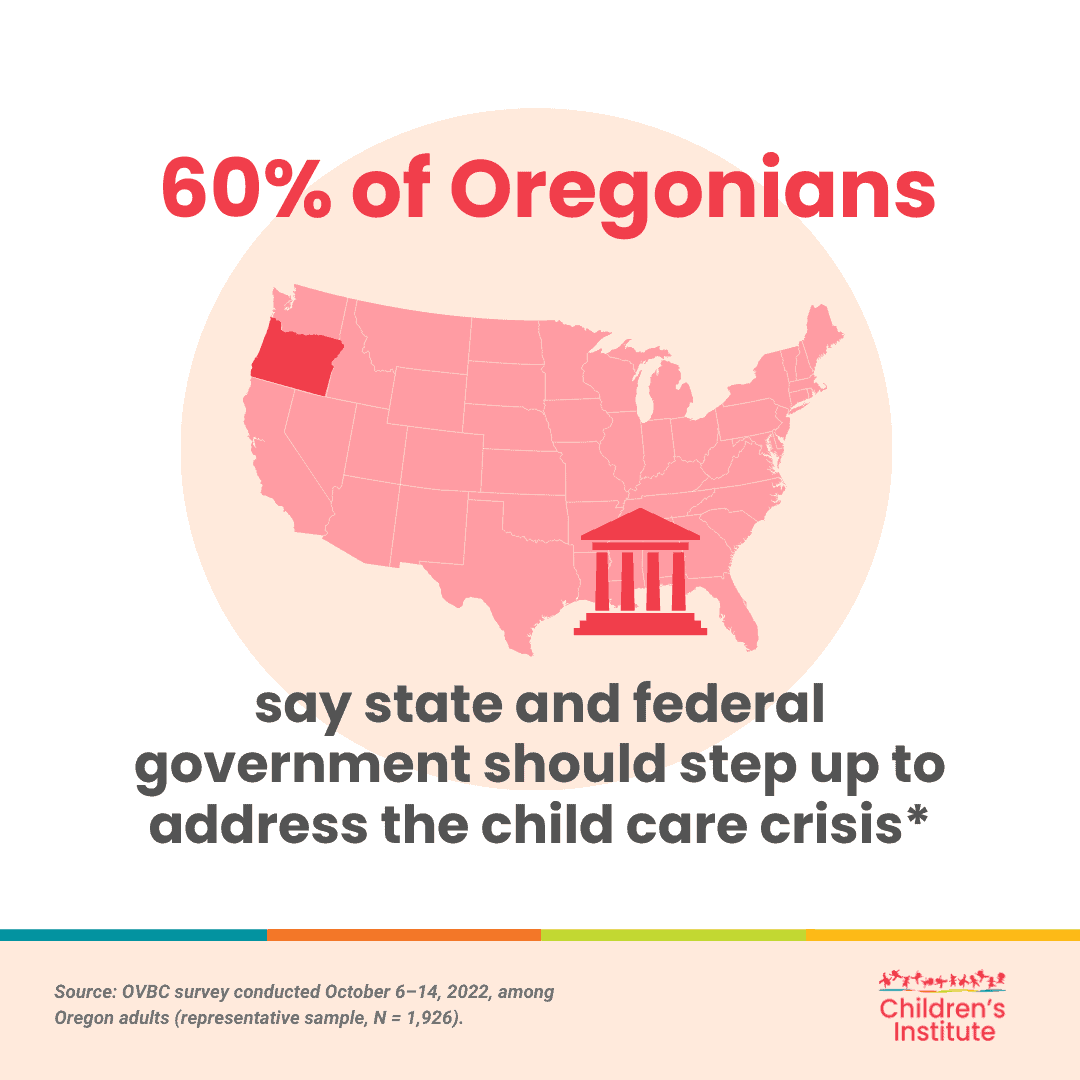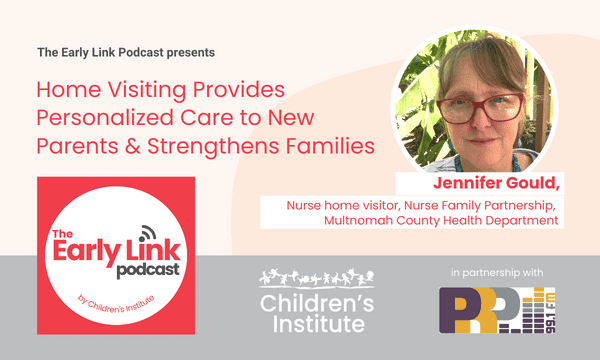Transcript
[00:00:00] Rafael Otto: Hello everyone. This is the Early Link Podcast. I’m Rafael Otto. Thanks for tuning in. As always, appreciate your ears on our segments. You can catch us on 99.1 FM in the Portland Metro on Sundays at 4:30 PM or tune in at your convenience wherever you find your podcasts. That includes Spotify, Amazon Music, Apple Podcasts, and as always, you can listen on our website at childinst.org.
I’m talking today with Jennifer Gould, who currently works as a nurse home visitor for the Nurse Family Partnership Program with the Multnomah County Health Department here in Oregon. She has been in this role for more than 15 years and is trained as a registered nurse and also an international board certified lactation consultant.
That program, the Nurse Family Partnership is community based public health program with more than 45 years of research. Showing evidence of significant improvements in the health and lives of first time moms and their children affected by social and economic inequality.
Jennifer, it’s great to have you on the podcast today. Thanks for joining me.
[00:01:11] Jennifer Gould: Great. Thank you, Rafael. It’s nice to be here.
[00:01:13] Rafael Otto: I wanted to just start, if you could tell me a little bit about the program Nurse Family Partnership, and then what drew you to the work? How did you become a home visitor?
[00:01:26] Jennifer Gould: Yeah, thank you. You know, the program was originally called The Olds Model. Based on the, the. NAN researcher that actually developed the program, who was Dr. David Olds, who is still involved. And the story I always kind of have heard from him and that I tell is when he finished his first kind of round of studies, I believe he’s a, you know, sociologist, psychologist, that kind of realm of world, was working in a daycare center kind of similar to like a head start. And he said, you know what I realized is that at age three or four, some of these families were doing great. These families all had to qualify by income to come in. Some of them were doing great and their kids are thriving, and other families by age three or four really needed some support for a couple of years before their kids showed up at our center.
And so he really started to look at what programs already existed that potentially supporting families before they hit school age. And how he could really not just replicate, but also really… I mean, what to me was fascinating about him is that he was one of the first people to really kind of started to say, how can we…? We need to actually do some kind of studies and do some research to really see is it just the information or is it the program?
And so he and his teams and teams of people at this point have done a few really long term trials, and they can really quantify a little bit the positive outcomes that we see by this kind of a relationship, this based program. The basic idea is that a especially trained home visiting nurse is matched with a family during pregnancy. We do prioritize first time parents and we prioritize families before the last trimester of pregnancy. He really found that it was a true window of opportunity where people were really open for support and really thinking about change.
Please download the full transcript below.
